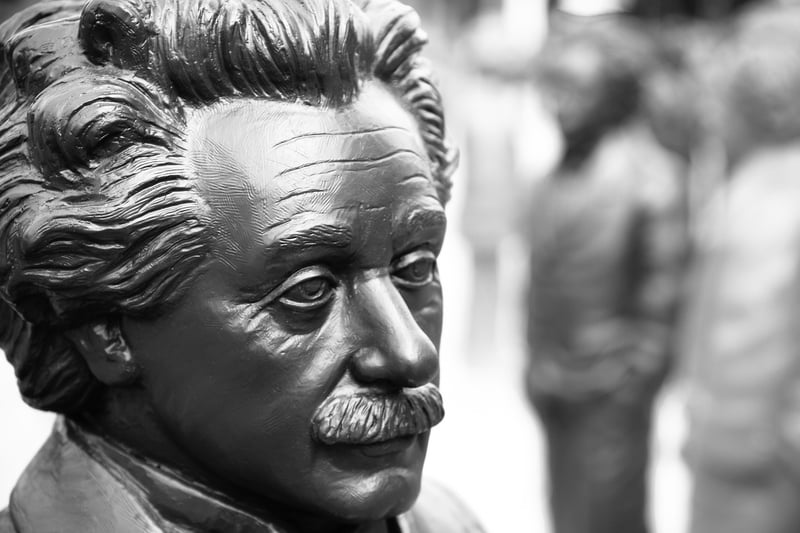Famous Inventors
The Fascinating World of Time Travel Technology and Its Famous Inventors
Time travel has long been a subject of fascination for many, captivating the imagination of both scientists and science fiction enthusiasts alike. The concept of traversing through time to visit the past or future has been a popular theme in literature, movies, and TV shows. While time travel remains a theoretical concept, its exploration has led to groundbreaking advancements in physics and technology. Let's delve into the world of time travel technology and learn about some of the famous inventors who have contributed to its development.
Theoretical Framework of Time Travel
Time travel is a concept that involves moving between different points in time, similar to how we move between different points in space. The idea of time travel has been explored in various scientific theories, including Einstein's theory of relativity, which suggests that time dilation could allow for time travel under certain conditions.
Famous Inventors in Time Travel Technology
1. Albert Einstein
Albert Einstein, known for his groundbreaking work in theoretical physics, laid the foundation for modern theories of time travel with his theory of relativity. His equations showed that time is relative and can be affected by gravity and velocity, opening up the possibility of time travel.

2. H.G. Wells
Although not a scientist, H.G. Wells, a renowned author, popularized the concept of time travel with his novel "The Time Machine" published in 1895. His work inspired future generations to explore the idea of time travel through fiction and scientific research.

3. Ronald Mallett
Dr. Ronald Mallett, a theoretical physicist, is known for his research on time travel. He proposed a theoretical model based on Einstein's equations that could potentially allow for time travel through the use of circulating laser light.

Challenges and Ethical Considerations
While the concept of time travel is intriguing, it also poses significant challenges and ethical considerations. Paradoxes such as the grandfather paradox, where one could potentially alter the past and change the future, raise questions about the consequences of time travel.
Despite the complexities involved, the exploration of time travel technology continues to inspire scientific research and fuel the imagination of both scientists and enthusiasts.
As we continue to push the boundaries of what is possible, the dream of time travel remains a tantalizing prospect that continues to captivate our curiosity and drive innovation in the field of physics and technology.
